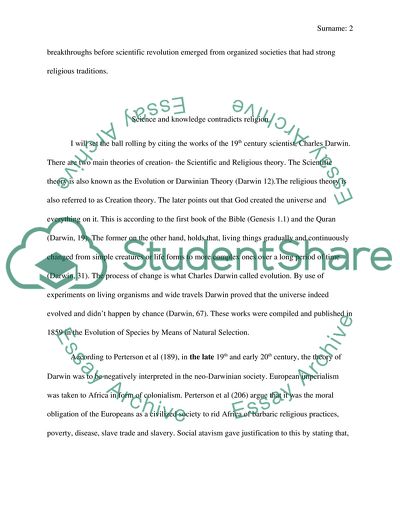Cite this document
(Why God doesn't Exist Essay Example | Topics and Well Written Essays - 2000 words, n.d.)
Why God doesn't Exist Essay Example | Topics and Well Written Essays - 2000 words. https://studentshare.org/religion-and-theology/1853808-why-god-doesnt-exist
Why God doesn't Exist Essay Example | Topics and Well Written Essays - 2000 words. https://studentshare.org/religion-and-theology/1853808-why-god-doesnt-exist
(Why God doesn'T Exist Essay Example | Topics and Well Written Essays - 2000 Words)
Why God doesn'T Exist Essay Example | Topics and Well Written Essays - 2000 Words. https://studentshare.org/religion-and-theology/1853808-why-god-doesnt-exist.
Why God doesn'T Exist Essay Example | Topics and Well Written Essays - 2000 Words. https://studentshare.org/religion-and-theology/1853808-why-god-doesnt-exist.
“Why God doesn'T Exist Essay Example | Topics and Well Written Essays - 2000 Words”. https://studentshare.org/religion-and-theology/1853808-why-god-doesnt-exist.


